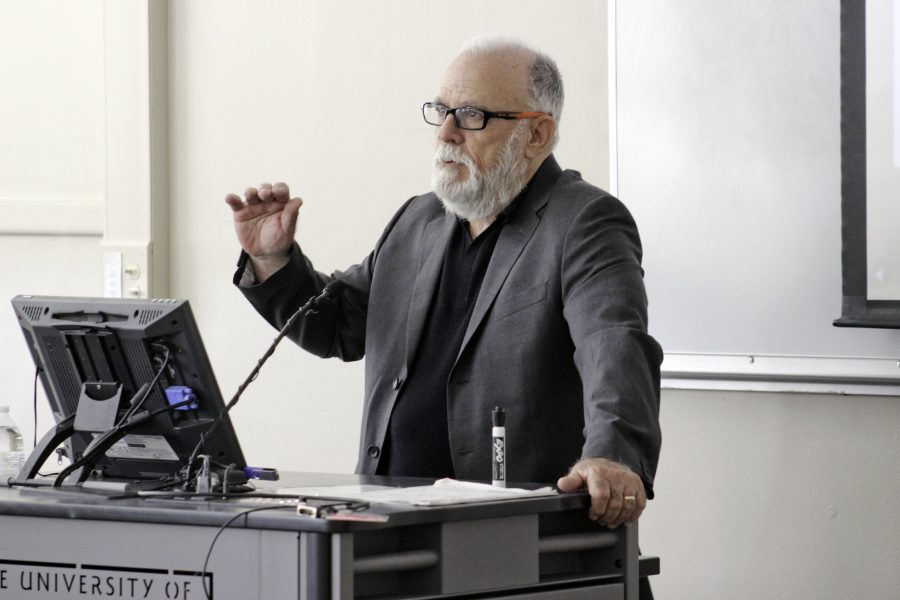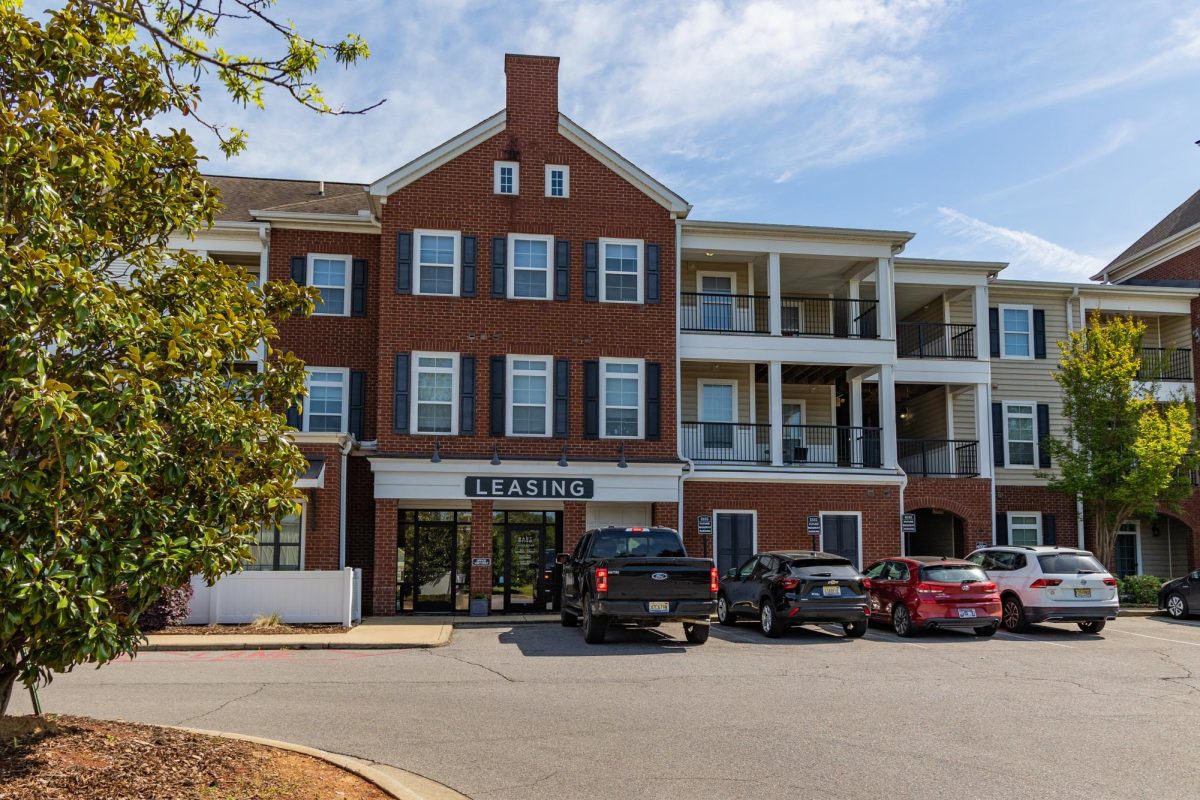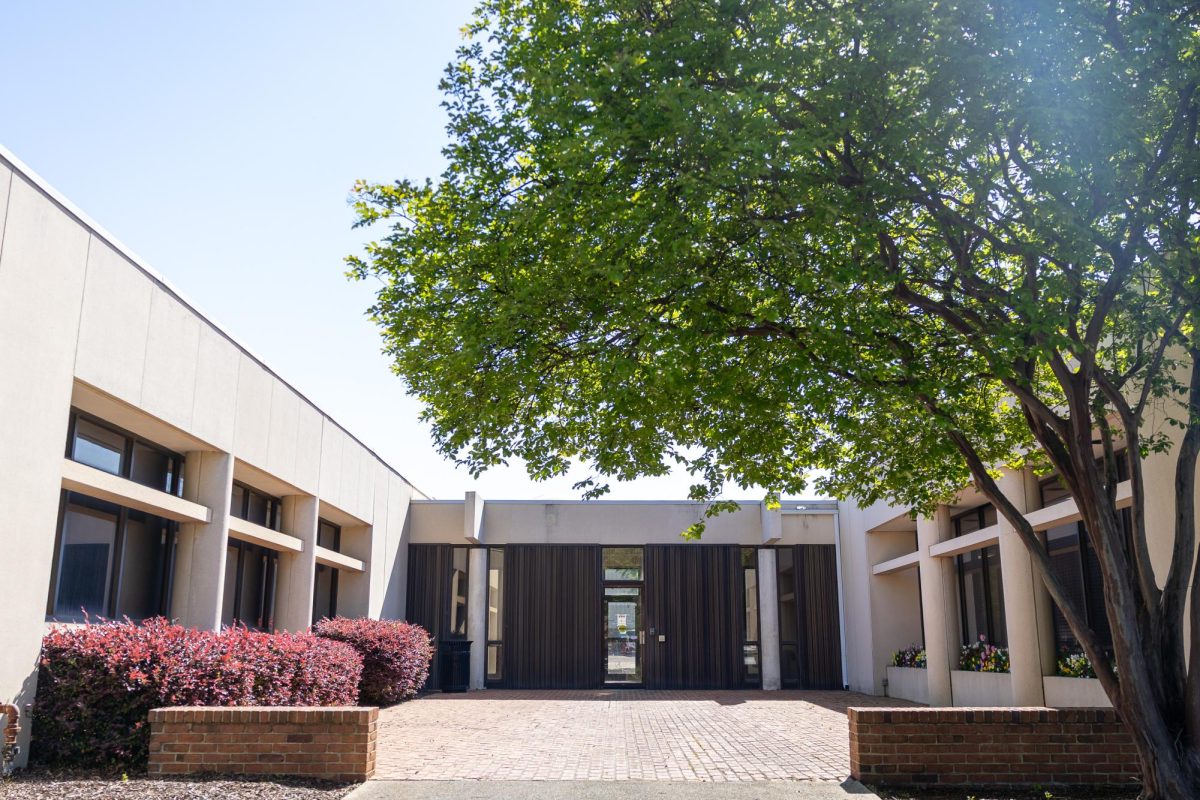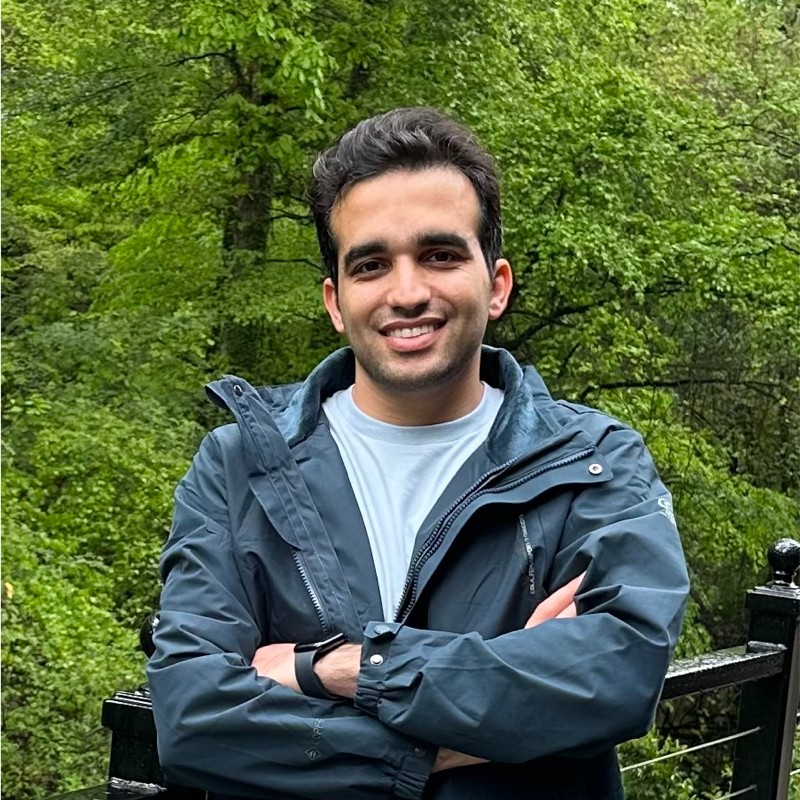The lecture opened with an overview of the del Pino’s early life. He discussed growing up in the turbulent political environment of Cuba in the 1950s, reminiscing on learning to fly planes as a 15-year-old student, becoming inspired by democratic ideals and joining Fidel Castro’s “26th of July” movement to overthrow the then-dictatorship under Fulgencio Batista. The latter ordeal saw del Pino arrested, and ultimately launched his military career in Castro’s regime.
He recounted all the events which converged to make him one of a select few trusted fighter pilots in Cuba: Castro’s distrust and imprisonment of the old regime’s pilots, the inability of civilian recruits and Chilean pilots to adapt to Castro’s measures, and his heroic actions during the Bay of Pigs incident. These ultimately concluded with del Pino being promoted to the position of Castro’s No. 2 advisor in the air force.
Interwoven throughout the lecture were del Pino’s thoughts and analysis of Fidel Castro, whom del Pino described as a “maniac” and a “madman, fixated with war.” At this point, however, del Pino described in great detail Castro’s lust for war during the Cuban missile crisis. According to del Pino, Castro prepared a statement for the press which read, “We [Cuba] do not accept the agreement between the United States and the Soviets … We have more missiles that we will use.”
Said del Pino of the incident: “At this moment, Kruschev and Kennedy realized that the missile crisis was out of their control, and so they struck a deal to remove all of the missiles from Cuba.”
Had they not, del Pino said, Castro would have waged a war with the two most powerful countries in the world.
It was at this point that del Pino realized the time, and said, “It is very difficult to cover 30 years history in one hour!” He breezed through his works in the 60s and 70s, which included heading the construction and administration of a new military base and the investigation of a plane-hijacking epidemic, to arrive at his defection from Cuba to the U.S. in 1987.
Del Pino said Cuba is moving in the right direction.
“We can’t be afraid anymore of discussion and negotiation,” he said. “We must sit down and talk about the problems that face us and find solutions, instead of continuing to ignore them.”
Describing some of the problems which need to be addressed – liberty, freedom of the press, a more open market – he said, is better to have an evolution than a revolution.
“It was a very unique experience being in the same room as someone who worked beside Castro,” said Nick Riggs, attendee and visiting student from Murray State University. “I didn’t know what to expect going in, but I definitely gained a new perspective.”









